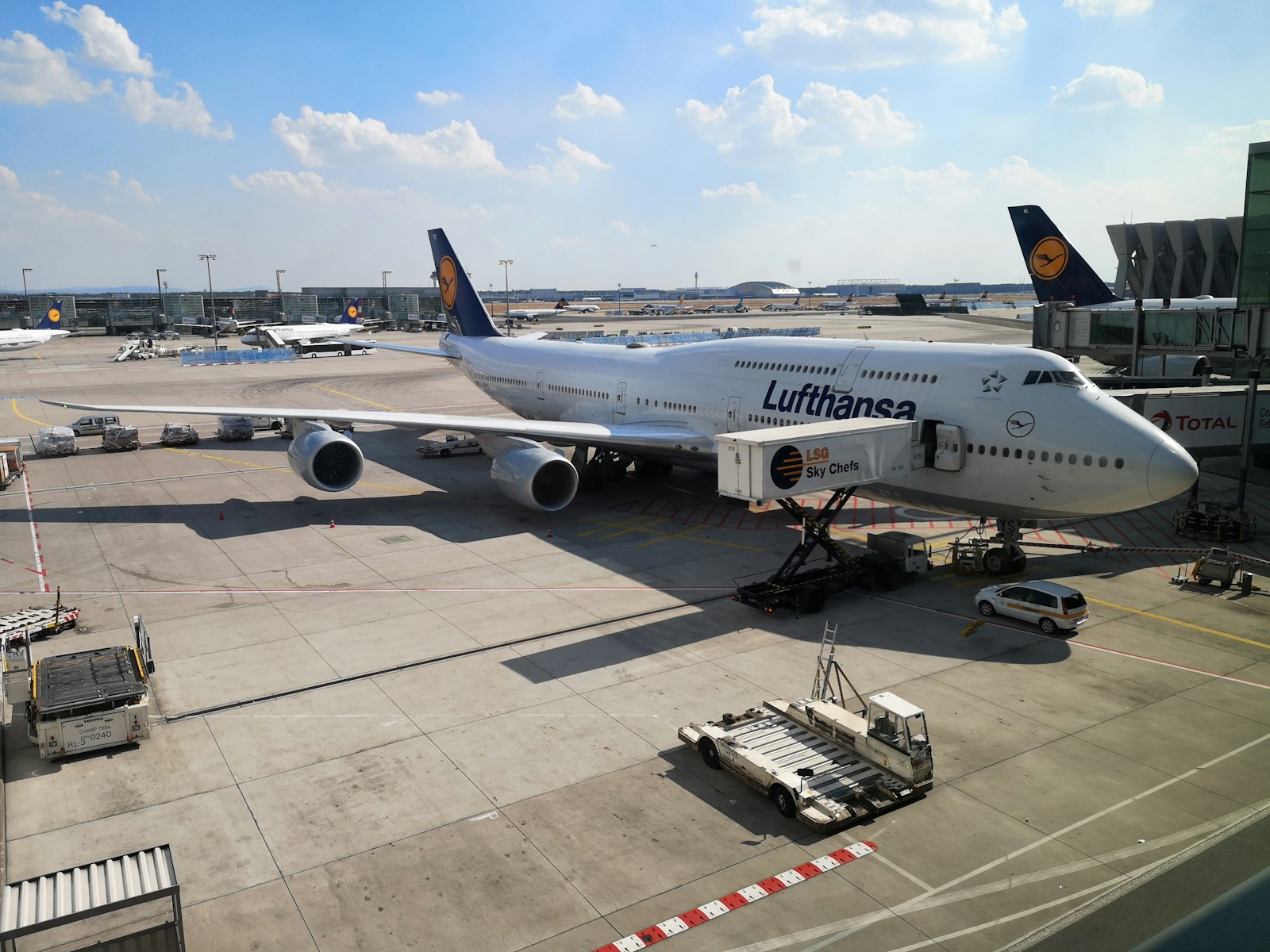
乘客
chéng kè

passenger
The Chinese word '乘客' refers to someone who travels in a vehicle, such as a car, bus, or train, but does not drive it or work on it. In English, this word is translated as 'passenger'. It is commonly used in transportation related contexts.
Example sentences using: 乘客
乘客已经上车了
Chéngkè yǐjīng shàng chēle

The passengers have already boarded the bus
This sentence is used to indicate that the passengers have already boarded the bus.
乘客正在等待飞机
Chéngkè zhèngzài děngdài fēijī

The passengers are waiting for the plane
This sentence can be used at an airport when passengers are waiting for their planes.
乘客需要等待
Chéngkè xūyào děngdài

Passengers need to wait
This phrase is used when passengers are required to wait.
乘客正在吃饭
Chéngkè zhèngzài chīfàn

The passengers are eating
This sentence can be used when passengers are having their meal.
乘客正在睡觉
Chéngkè zhèngzài shuìjiào

The passengers are sleeping
This sentence is used when passengers are resting or sleeping.
乘客正在查看地图
Chéngkè zhèngzài chákàn dìtú

The passengers are looking at the map
This sentence is used when passengers are referring to a map.
乘客正在听音乐
Chéngkè zhèngzài tīng yīnyuè

The passengers are listening to music
This sentence can be used when passengers are listening to music during a trip.
乘客正在读书
Chéngkè zhèngzài dúshū

The passenger is reading
This sentence is used to describe a scenario where a passenger is reading a book.
乘客正在看电影
Chéngkè zhèngzài kàn diànyǐng

The passenger is watching a movie
This sentence can be used when a passenger is watching a movie during a trip.
乘客正在乘坐火车
Chéngkè zhèngzài chéngzuò huǒchē

The passenger is taking a train
This sentence can be used when a passenger is on a train journey.